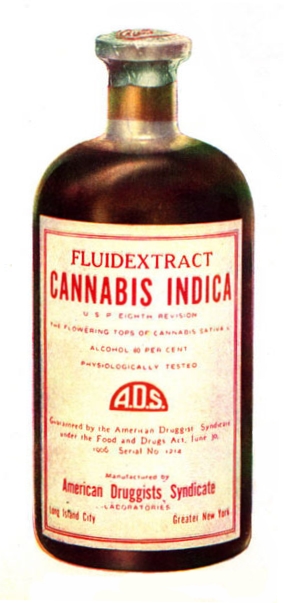To a very limited number of people, and only under a very strict set of circumstances.
Modern medicine has helped Laura Campbell’s 27-year-old daughter, Sierra, fight off many of her persistent seizures. At her peak, Sierra suffered from more than three seizures a day. Now, she’s down to one or two per month.
But the gains come with their own frustrations.
“She takes five pills twice a day, plus more if she needs an emergency supplement in case of a seizure. It damages her brain every time she has [a seizure]. Her IQ has gone down and her neurological functions are suffering,” Campbell said, trailing off between tears. “With every seizure she has, it just gets worse for her.”
Now Campbell, an Austin resident, is hoping she can wean her daughter off the “harsh” meds and turn to cannabis oil instead. That treatment was legalized in 2015, and a dispensary in Schulenburg made its first delivery of the oil to a young Texas child last week.
But as dispensaries are opening, Texans like Campbell’s daughter might still have a hard time getting access to the oil from marijuana plants. Currently, fewer than 20 doctors across the state are registered with the Texas Department of Public Safety to prescribe it.
They are able to do so under the Texas Compassionate Use Act, which legalized the sale of a specific kind of cannabis oil for a small group of Texans: epilepsy patients, like Sierra, whose symptoms have not responded to federally approved medication.
But to qualify for the medicine, Texans must have tried two FDA-approved drugs and found them to be ineffective. The patients also must be permanent residents of Texas and get approval from two of the 18 doctors listed on the Compassionate Use Registry of Texas.
Under the law, a physician can only sign up for the state registry if, among several other requirements, the doctor has dedicated a significant portion of his or her clinical practice to the evaluation and treatment of epilepsy and is certified by the American Board of Psychiatry and Neurology in either epilepsy or neurology.
The bill in question was passed in 2015, so it’s taken awhile just to get to this point. There are only three dispensaries in the state, and there’s not likely to be many more doctors on the registry, at least not while Jeff Sessions is on a reefer madness kick. The effect of this law should be big for those who are able to take advantage of it, but the number of such people will be very small. I hope that effect is enough to allow for a broader bill in the next Legislature, but the surer route to that destination is to vote for candidates who are willing to support that outcome. The Chron has more.


“But to qualify for the medicine, Texans must have tried two FDA-approved drugs and found them to be ineffective.”
That part is stupid. Patients/ guardians should have the option to try this first, if their doctors recommend it. That’s making people suffer needlessly, all because of old reeefer-madness biases with no foundation in any science.
This whole issue is just like the gambling issue, and in a similar vein, the byzantine alcohol regulations. Texas needs to finally rid itself of Blue Laws.
We need to quit the piecemeal approach and just have a simple up or down ballot vote…..full legalization or bust. Full legalization means sick people can do whatever works for them, and, if we don’t make the mistakes of other states and apply heavy sin taxes, it means the Mexican drug cartels lose a big source of revenue. Of course I’d still insist that kids receiving pot or a pot derivative get that approved by a doctor.
As an olive branch to the Moral Majority, we can enhance DWI penalties for people caught driving while high on pot.